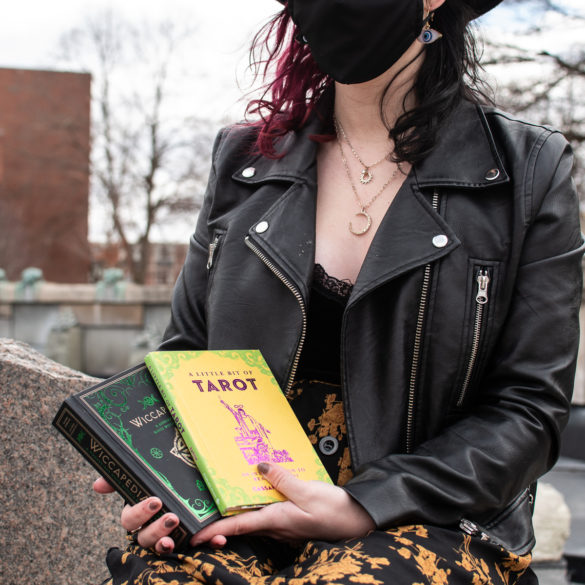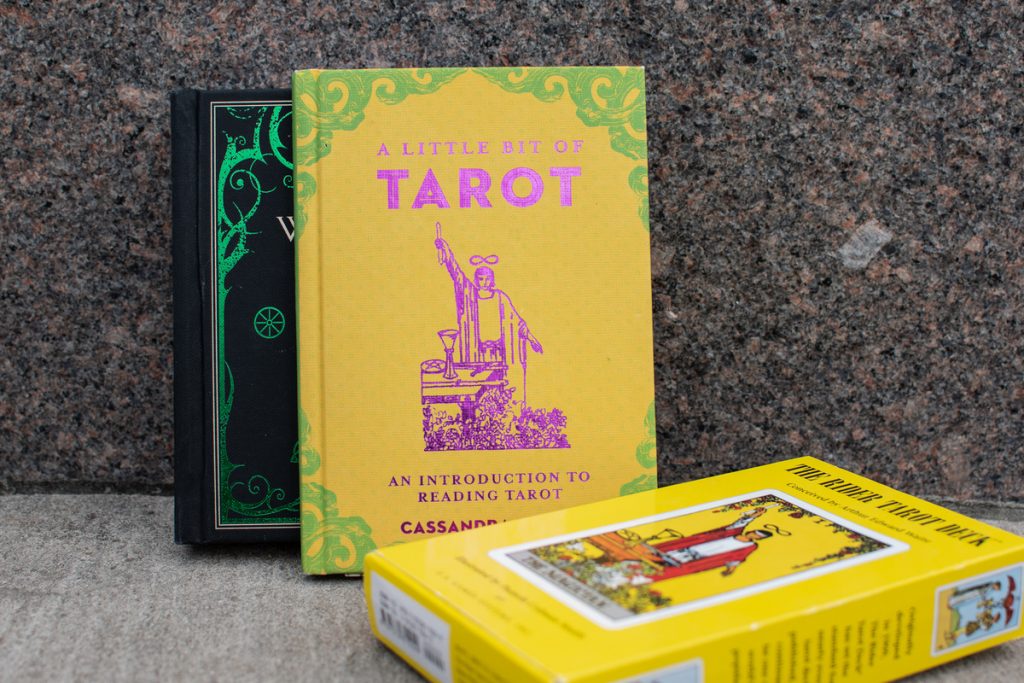Paganism has transformed since its ancient origins, creating off-shoots of the original religion. But, what does it mean to be a pagan today?
Paganism is arguably one of the most misconstrued terms by mainstream society. As Christianity grew more popular in urban areas of ancient Rome, a derogatory term was used to describe the rural population who chose to maintain their ancestral beliefs– Pagans. Coming from the Latin word “paganus,” meaning peasant or country dweller, the term was used to shame those who would not convert.
Back then, even non-Christian monotheistic religions such as Judaism were considered Pagan. Today, Paganism is a blanket term for those with beliefs outside of the Abrahamic faiths.
The Pagan Federation International defines Paganism as a polytheistic or pantheistic nature-worshipping religion. Though there are many branches of contemporary Paganism, or Neopaganism, they are all centered around a love for nature. Most Pagans have a deep reverence for Mother Earth, seeing her as sacred. Paganism has a multitude of deities, just as nature has a horde of diversity. While there is no specific guide or holy book to Paganism, beliefs vary based on person and branch.
Wicca is one of the most well-known and fastest growing sectors of Paganism. Wiccans believe the energy of the divine exists in all things. They believe creation is manifested through the elements: water, fire, earth and air. Most Wiccans worship a God and a Goddess, although which deities vary among believers. Many Wiccans, though not all, practice magic, or use their personal connection to Nature’s divine energies to work for the benefits of themselves and others. Contrary to popular belief, Wicca bears no evil roots. Evil comes from one’s choice to break the Wiccan’s Rede, “Do as ye will, so long as it harm none.” Wiccans practice alone or in groups, known as groves or covens.
Another branch of Paganism is Druidry. Druids have three goals: to be wise, to be creative and to love. Specifically, they seek to be fully creative in their lives, commune deeply with the world of nature and gain access to a source of profound wisdom. Druids can be monotheistic, believing in one spirit of the universe, or polytheistic, believing there is a group of Gods and Goddesses. Some Druids believe the universal deity is undoubtable yet unknowable by nature. Most Druids believe in the Otherworld, or the realm where souls go between death and rebirth.
There are a variety of Pagan traditions that are based on historical pantheons, such as Greek or Celtic pantheon. These branches are known as pantheon-based Paganism and are generally less popular, more unorganized and more historically focused than other traditions.
Heathenism is an example of pantheon-based Paganism. Asatru, Theodism, Irminism, Odinism, Urglaawe and Anglo-Saxon Heathenry are the different variations of religions that belong to the Troth, an organization focused on old Norse beliefs.
According to the Troth, members abide by the moral principles of their predecessors, including: boldness, truth, honor, troth, self-rule, hospitality, industry, self-reliance, steadfastness, equality, strength, wisdom, generosity and family responsibility. Historically, members were called heathens and continue to use this label today.
Another more common offshoot is eclectic Paganism. Followers of this path take beliefs, guidelines and rituals from an array of traditions. Some eclectic Pagans will create their own unique practices and rituals, separate from traditions. Put simply: take what resonates and leave what does not.
Ball State sophomore Olivia Haggard identifies as an eclectic Wiccan. Throughout her spiritual journey, she often felt alone. Her friends had abandoned her, as their ignorance concerning Paganism had bred prejudices towards the term. When Haggard saw a flyer for the Society for Earth-Based Religions, a feeling of belonging washed over her. Finally, a place where she could be open to express her beliefs.
“I was happy to finally have a place to surround myself with experienced practitioners and people who I knew would accept me, no matter what. There’s so many different people in [the group], and that makes them infinitely more accepting of different people,” Haggard says.
The Society for Earth-Based Religions (S.E.R.) is a group for students of faith that diverge from mainstream beliefs. The group encourages open-minded theological discussion and is inclusive of all ideologies. Members of S.E.R. hold weekly discussions and Tarot card readings. The weekly discussions are held every Wednesday at 8 p.m., typically in 082B in the basement of Bracken Library. Tarot Tables take place every Tuesday from 11 a.m. to 3 p.m. in the Tally Court. More information about S.E.R, meetings and Tarot Tables can be found on the group’s Facebook page.
Paganism is a diverse belief system with roots so deep they are undiscoverable. While it has morphed through the ages into the Neopaganism seen today, one attribute remains constant: a tolerance for the myriad of beliefs and philosophies that exist under the Pagan umbrella.






